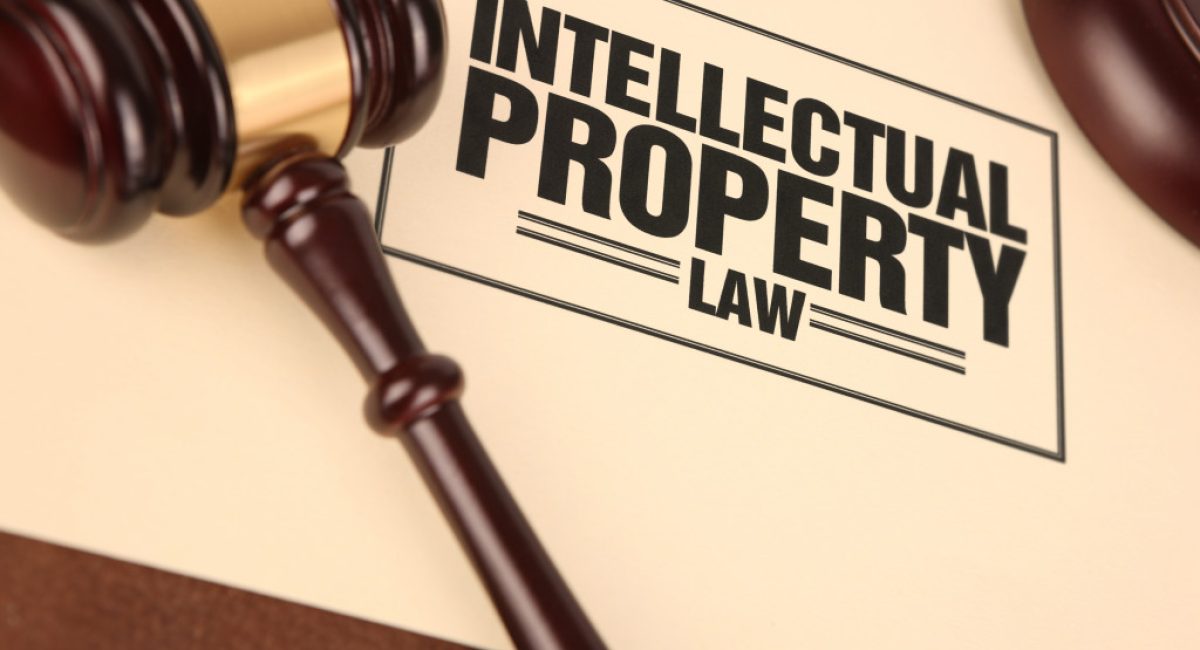- Intellectual property is essential for the progress of technology, art, and culture worldwide and contributes to the economy.
- There are four main types of intellectual property: trademarks, patents, copyrights, and trade secrets.
- Common intellectual property disputes involve infringement, misappropriation, and dilution.
- To protect intellectual property, register it with the appropriate government agencies and use non-disclosure agreements.
- When dealing with an intellectual property dispute, gather evidence, discuss the situation with the other party, and hire an attorney.
Intellectual property has been a major factor in the progress of the world’s technology, art, and culture for centuries. This is true all over the globe – it’s part of a universal story everyone is connected to. Intellectual property is also essential to the economy since IP-intensive industries account for 36 percent of the US GDP. It also accounts for 52 percent of product exports.
Intellectual property disputes can be a nightmare for business owners and entrepreneurs. These legal battles can cost companies millions of dollars and take years to resolve. Understanding how to deal with intellectual property disputes from the get-go is essential if you’re running a business or planning to start one.
This blog post will discuss the different types of intellectual property and the common disputes that arise related to them. It will also offer tips and insights on protecting your intellectual property and handling potential disputes. By the end of this blog post, you’ll have a solid understanding of navigating intellectual property issues as a business owner.

Types of Intellectual Property
Intellectual property encompasses all imaginative concepts generated through the brain – inventions, creative writing, artworks, images used for commercial purposes, symbols, and names. There are four main types of intellectual property: trademarks, patents, copyrights, and trade secrets.
Types of Intellectual Properties
- Trademarks protect the names, logos, and slogans of businesses and products. Trademarks are also used to distinguish one company from another.
- Patents protect inventions and discoveries such as machines, processes, and compositions of matter. Patents protect inventions that are novel and non-obvious. A patent grants an inventor the right to exclude others from making or using the invention for a limited period.
- Copyrights protect original works of authorship, such as literature, music, and art. Copyrights allow the creators of these works to control how their creations are used by others.
- Trade secrets are confidential information such as customer lists, formulas, processes, and recipes with commercial value. Companies may use trade secrets to gain an advantage over competitors.
Common Types of Intellectual Property Disputes
Intellectual property disputes can arise from infringement, misappropriation, and dilution.
Infringement
Infringement occurs when someone uses intellectual property without the owner’s permission. This can include using a copyrighted work, trademarked name, or patented invention without the proper authorization. Infringement claims typically involve direct copying, reproduction, distribution, or display of intellectual property.
Misappropriation
Misappropriation involves the theft or unauthorized use of intellectual property. This includes using trade secrets to gain an advantage over competitors. Misappropriation claims are typically brought when confidential information is unlawfully obtained and used without the owner’s permission.
Dilution
Dilution occurs when someone uses intellectual property to weaken its distinctive qualities. This can include the use of a trademark that is similar enough to another trademark to confuse. Dilution claims typically involve the unauthorized use of a famous brand or logo.
Intellectual Property Disputes
Common intellectual property disputes include trademark, copyright, and patent infringement. Trademark infringement can occur when a company uses a name or logo similar to another company’s registered trademark. Copyright infringement can occur when someone uses a copyrighted work without the owner’s permission. Patent infringement occurs when someone creates or sells a product that violates an existing patent.

Protecting Your Intellectual Property
To prevent intellectual property disputes, protecting your creations from the start is essential. Here are some tips for safeguarding your intellectual property:
Register
- Register your trademarks, patents, and copyrights with the appropriate government agencies.
- Use non-disclosure agreements (NDAs) to protect your trade secrets and confidential information.
- Conduct regular audits to identify potential intellectual property violations within your company.
- Educate your employees on intellectual property laws and the importance of protecting intellectual property.
Dealing with Intellectual Property Disputes
If you’re faced with an intellectual property dispute, it’s crucial to handle it carefully to avoid costly legal battles. Here are some tips for dealing with disputes:
- Gather evidence to support your claim, such as proof of registration or documentation of the infringement.
- Discuss the situation with the other party and attempt to negotiate a resolution outside court.
- Consider alternative dispute resolution methods such as mediation or arbitration.
- Hire an attorney specializing in intellectual property law to guide you through the legal process. If necessary, you should work with a reputable commercial litigation attorney. The legal professional can help the business recover losses due to the dispute.
Intellectual property disputes are common in the business world, but they don’t have to be a nightmare. You can prevent and resolve disputes effectively by understanding the types of intellectual property, common disputes, and best practices for protecting and handling intellectual property. Don’t wait until a dispute arises to educate yourself on intellectual property issues – take action now to protect your creations and your business.
